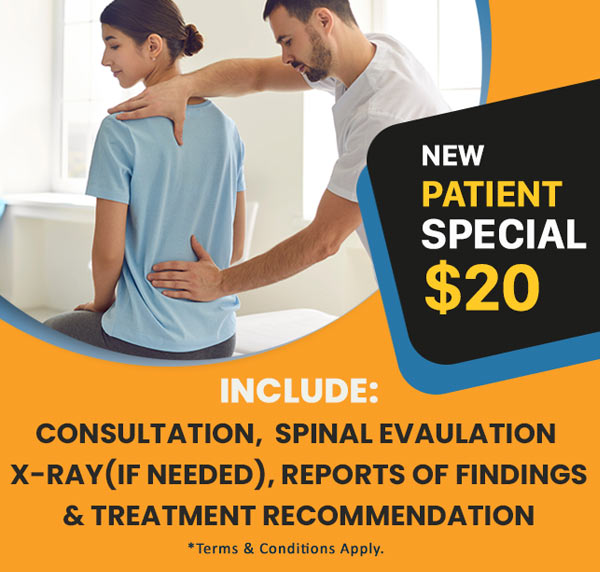Musculoskeletal Medicine and Primary Care Physicians
Musculoskeletal difficulties or injuries rate as the second most common reason for patients to consult with their primary care doctor. Yet, questions have been raised about the quality of primary care doctors' knowledge of fundamental musculoskeletal medicine. This study surveyed 85 recent medical school graduates in their first year of residency to determine their competency in musculoskeletal health, and to gain some background knowledge of their musculoskeletal health education while at medical school.
The test was administered at the Hospital of the University of Pennsylvania, and was designed by an orthopedic surgeon who was not involved in the study. The questions revolved around topics and concerns encountered frequently in a general practice, such as fractures and dislocations, low back pain, and arthritis. With questions such as, "Name two differences between rheumatoid arthritis and osteoarthrosis," and, "A patient has a displaced fracture near the fibular neck. What structure is at risk for injury?" the 25 questions covered the fundamentals of musculoskeletal medicine. The authors then sent the exam to 124 chairpersons of orthopedic residency programs in the US, asking them to rate the importance of each question and suggest a passing score that would demonstrate basic competency. The accepted mean passing score was 73.1%.
70 of 85 (82%) graduates failed the exam:
"The current study clearly documents the inadequacy of medical school education with regard to musculoskeletal medicine. The duration of the residents' preparation in this area was inadequate. For the study population as a whole, the mean duration of instruction in orthopaedics was only 2.1 weeks. In addition, twenty-eight residents (33 percent) had graduated from medical school with no rotation, required or elective, in orthopaedic surgery; these residents had the lowest mean score (55.9%) on the examination and the highest rate of failure (93%)."
Medical school is generally the only training in musculoskeletal medicine. Furthermore, the prestigious school roster represented in the sample of graduates—Cornell University Medical College, Harvard Medical School, University of Chicago, the Schools of Medicine of John Hopkins University, and New York University as well as numerous other institutions--causes alarm due to the evident inadequacy in this area of training. The authors call for reform:
"Our findings suggest the need for two educational reforms: an increase in instructional time and a revision of the content of the curriculum...An ideal required rotation in musculoskeletal medicine would be at least two weeks in duration and would emphasize common outpatient orthopaedic problems, orthopaedic emergencies, and physical examination for musculoskeletal problems."
Freedman K and Bernstein J. The adequacy of medical school education in musculoskeletal medicine. The Journal of Bone and Joint Surgery 1998; 80-A(10):1421-1427.